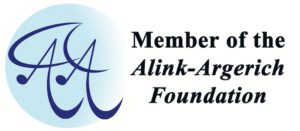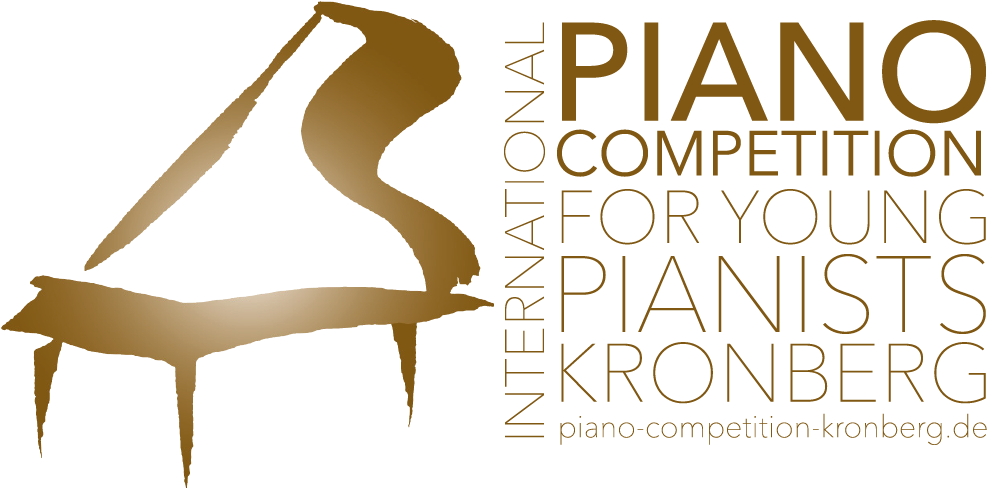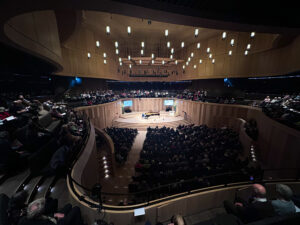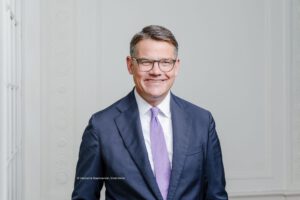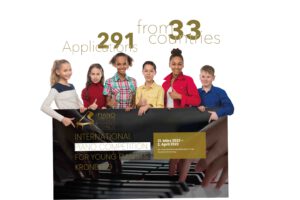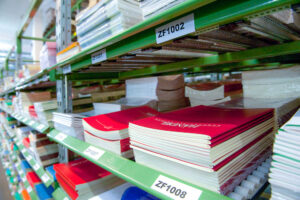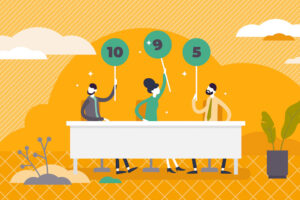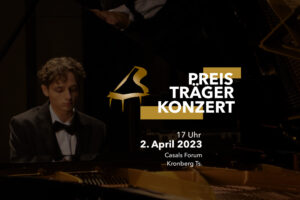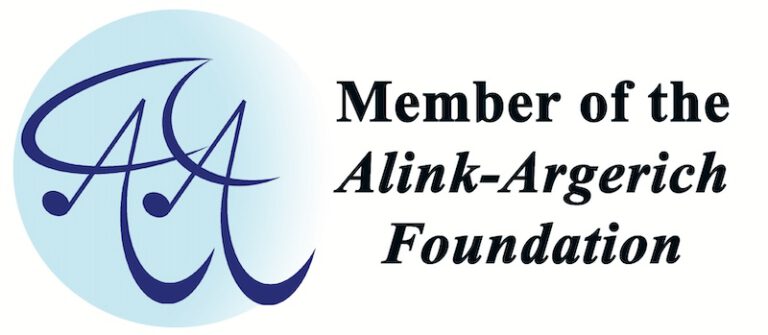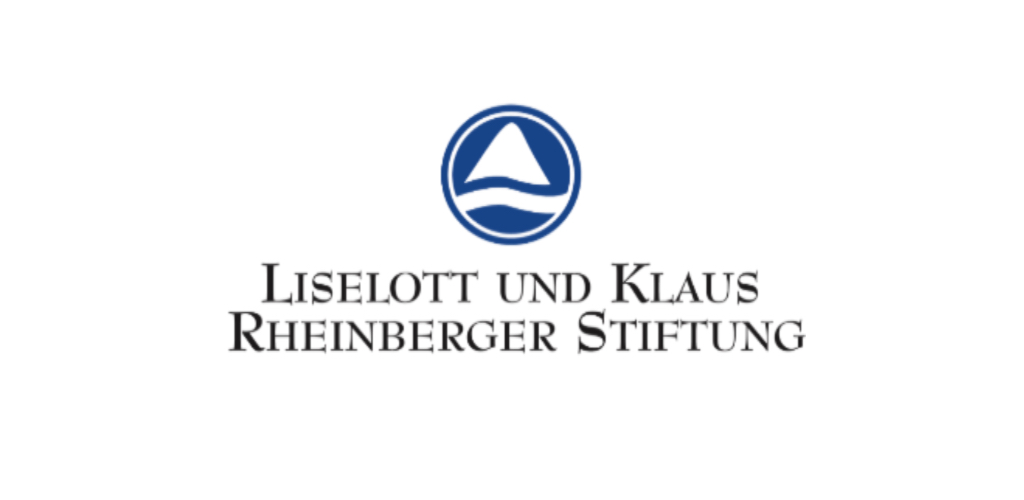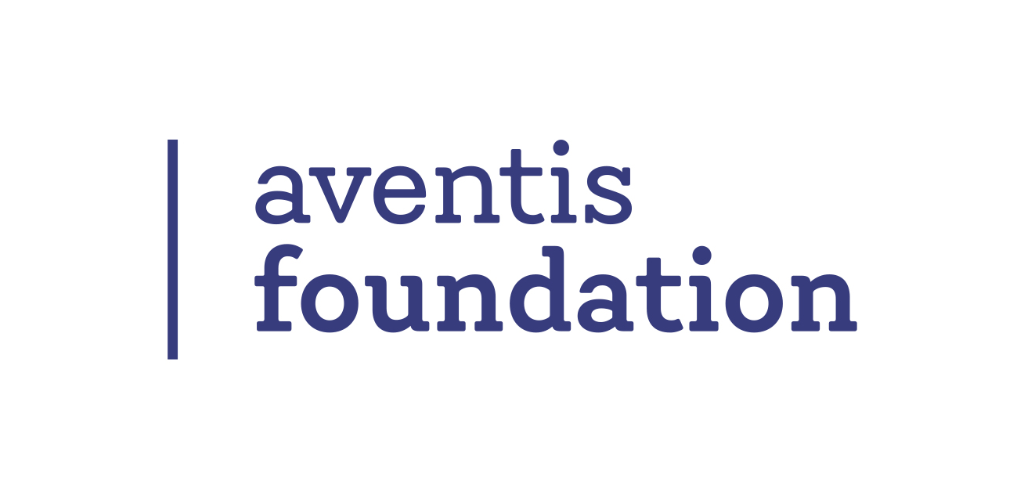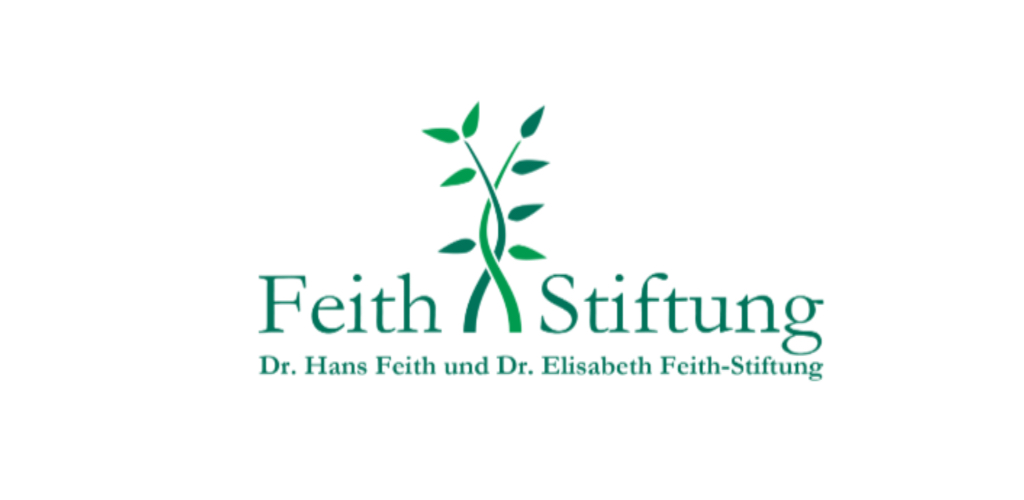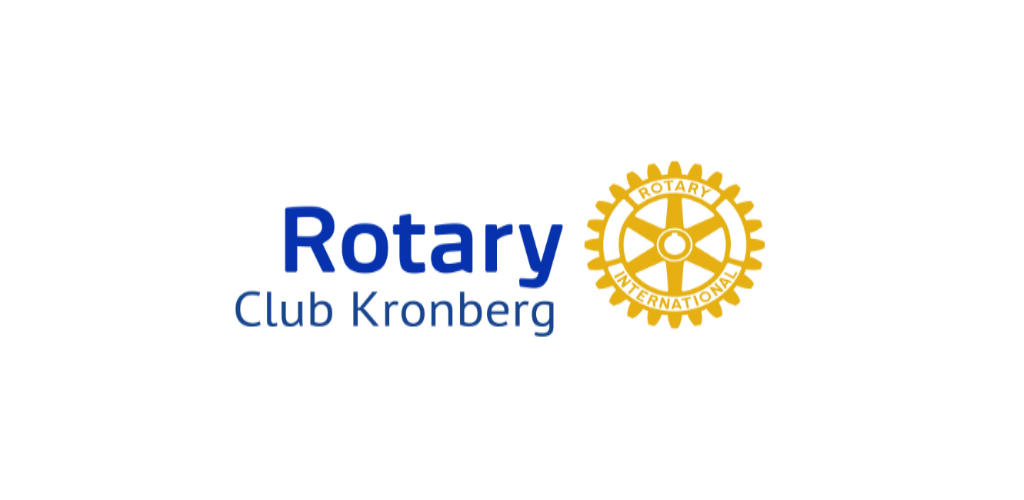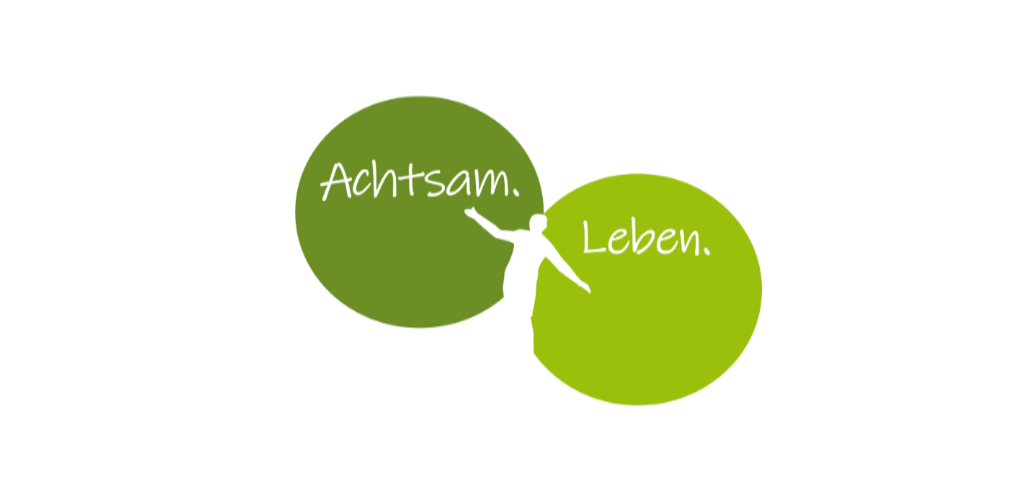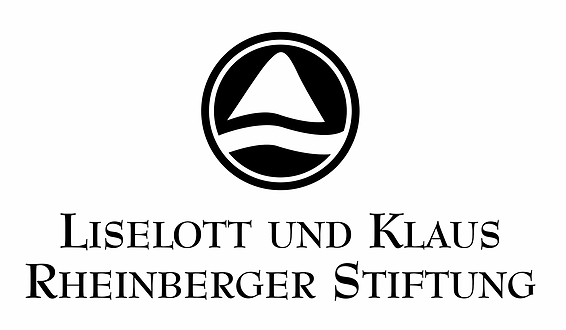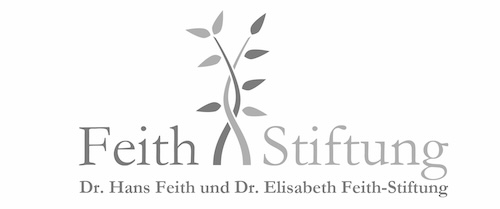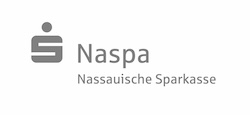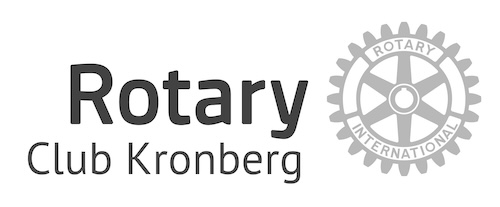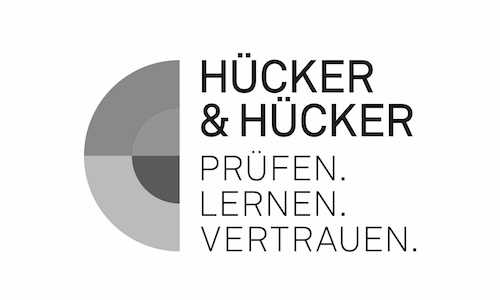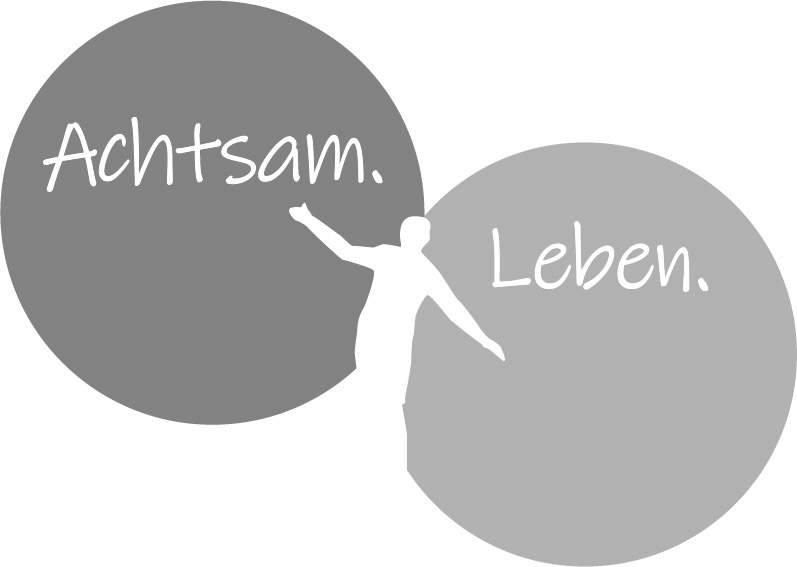
Source: nmz – neue musikzeitung
Author: Patrick Erb
nmz: Kronberg has made a name for itself mainly through the renowned Kronberg Academy, which is geared toward string players. The newly finished Casals Forum in particular, which will be the Academy’s concert venue and where you are also holding your competition, highlights how important this institution is. Does your competition benefit from Kronberg‘s reputation or are you just standing in the shadow of an established organization?
Ulrike Danne-Feldmann: Of course Kronberg is a city in which, due to the enormous achievements of the Kronberg Academy, music has a special place. However, we are completely independent of the Kronberg Academy and are moving on an entirely different plane, both instrumentally and musically, with our competition’s focus on solo piano. The only point of contact is the use of the Casals Forum for which we are of course paying a user fee. We are very grateful and happy to be able to offer our young pianists this extraordinary concert hall which is impressing global audiences with its outstanding acoustics, facilities and ambience.
nmz: If there is one thing that is not underrepresented in Germany’s cultural landscape, it is music competitions. How does this competition differ from the “sea” of other competitions, or how do you think it does?
Danne-Feldmann: There is not a single piano competition for young pianists in Germany that awards prizes of up to 20,000 Euros in seven age groups, that provides special prizes with a focus on musical development (masterclasses, etc.) and that offers participants a competition venue like the Casals Forum. The seven age groups, which each include two birth year cohorts, also promote young pianists from ages 6 to 12 and thus the beginnings of pianistic training, because the age difference in a category is small – unlike in many other youth competitions. With Professors Kirschnereit, Pohl, and Schellenberger we were also able to assemble a jury which, in addition to its high professional quality, appreciates and respects the young musicians. In addition to the spirit of competition, we think it is vital that the participants are given the opportunity to form a community among themselves, have personal encounters, and learn from each other. We want to do everything possible to create a personal atmosphere in which the young pianists feel totally at ease, and so we are offering them, among other things, a supplemental program which will be free of charge.
nmz: You say that the competition conveys the joy of making music and promotes the level and quality of making music in the long term. In what way? What is the sustainability of a three-day competition?
Danne-Feldmann: When it comes to sustainability, it is not the length of the competition that matters, but the quality of the content. Positive emotions such as pride, joy, happiness, coping with the performance, but also the preparation for such a competition, which promotes personal development regardless of prizes and represents a successful learning experience, motivate young people in particular immensely. A positive competition experience often leads to a boost in motivation, which sets a decisive impulse for the further musical future. This is a major concern for us, to which we devote ourselves with a lot of commitment on a voluntary basis. As a non-profit association, we welcome anyone who would like to become a member, supporter or sponsor. Every commitment supports the young artists and the success of the competition.
nmz: You have decided to make the repertoire requirements free, which means that the participants can choose the pieces freely (only two or three epochs have to be covered). How well can the jury draw adequate comparisons? Isn’t it better to have at least one common reference?
Danne-Feldmann: No. We don’t think it makes sense to have a compulsory piece for a youth competition. Firstly, the young pianists are still in training, so they are still on the way. These paths are still very different at this age and depend on personality, talent and preferences. A compulsory piece would hinder this important path of personal development. Secondly, one would have to choose a different compulsory piece in each age group, since the degree of difficulty of the pieces increases with age. And thirdly, the jury is of course able to assess the performance of the participants based on the evaluation criteria. From the outset, the selection of the jury members was based on their proven professionalism, specialist knowledge and experience.
nmz: They call the event “international”. Do you also expect an international participation? Because with regular 3rd to 1st prizes between 250 and 750 euros with travel and accommodation you have to pay yourself and a registration fee of 30 euros, participation in the multi-day event can seem very expensive and unattractive.
Danne-Feldmann: Our goal is international participation. We do not know if this will be successful in the first edition of our competition. However, we create conditions by offering the website in many languages, awarding a special prize for the best international pianist worth 1,500 euros and advertising abroad. We believe that it is also attractive for international pianists to take part in our competition, which is unique in its orientation. Corresponding inquiries from far away foreign countries confirm this. In addition, a subsidy towards accommodation costs can be granted upon request.
nmz: Do you think that your competition will have a lasting influence on the Kronberg location, that a broad artistic scene can grow?
Danne-Feldmann: We believe that. Thanks to the Kronberg Academy, Kronberg already has an audience that is very interested in music and art. We see ourselves as a wonderful musical addition to our focus on music for solo piano. Completely different literature will be heard and we hope that the audience will open their eyes and ears to the free public competitions and the prizewinners’ concert and that a love for piano music will grow, which will have a lasting influence on further development.

